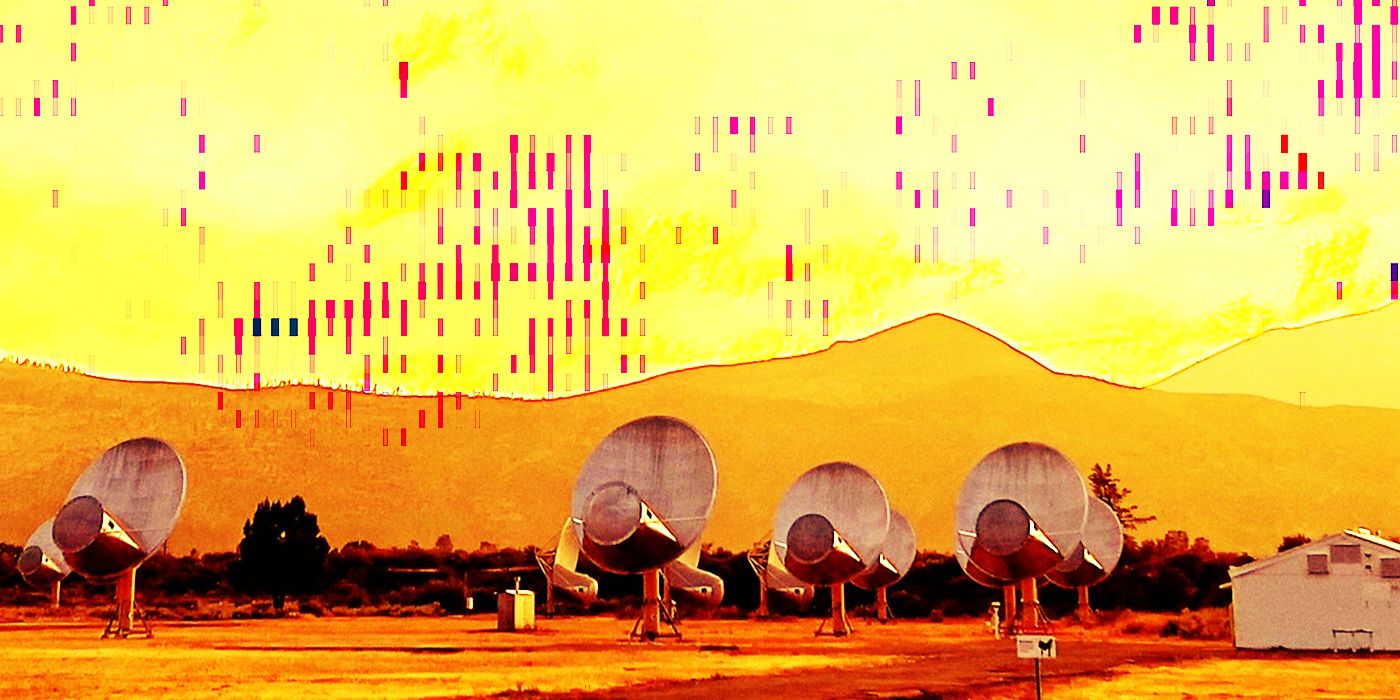
Submissions closed on October 15, 2024
The SETI AIR program Beyond Silos Residency
The Beyond Silos STEAM Education Residency invites art educators whose pedagogical practice centres on STEAM (Science, Technology, Engineering, Arts, and Math) Education to submit a first-round application to be considered for the Beyond Silos shortlist.
The Beyond Silos Residency’s mandate is to explore transdisciplinary pedagogy at the intersection of art and science. Educational projects developed during this residency should position art and creative practice as an integral component to teaching and learning in the STEAM Education framework. This residency aims to disrupt disciplinary silos and create meaningful learning situations that foster innovation, risk-taking, and creative problem solving.
Areas of educational research may engage with the following topics:
- Interdisciplinary curriculum development
- STEAM and inclusivity, accessible learning strategies
- Digital technology integration and science literacy
- Emerging pedagogical models
- Design thinking, studio/lab models, and disciplinary convergences
The SETI Institute's Artist in Residence (AIR) Program
The SETI AIR program expands upon the SETI Institute's mission to explore the origin and prevalence of life and intelligence in the universe and to share this knowledge with the world. The SETI AIR program connects contemporary artists with SETI Institute researchers and facilitates an exchange of ideas to catalyze new perspectives, insights, and modes of comprehension. The SETI AIR program favours artists whose creative practice is research-based and whose projects theorize and reflect on the scientific research that takes place at the Institute.
Beyond Silos Projects
The science aspect of the educational project developed during the residency should connect to the research taking place at the SETI Institute. Projects may explore the following topics:
- Exoplanet research (See https://www.seti.org/research/Exoplanets)
- Astrobiology (See https://www.seti.org/research/Astrobiology
- SETI research (See https://www.seti.org/seti-research)
The outcome of the Beyond Silos residency should be an educational project that will be deployed during the 18-month residency in a school or in collaboration with a community institution. The project should be aimed at K-12 learners and may be a curriculum, a series of workshops, or a summer camp project. The outcome of this residency should be documented with text and images (and/or video and audio recordings, if applicable). The educational project’s research should be made accessible to the public through the publication of an article in a journal, magazine, and/or online resource.
What we provide
- The SETI Institute supports the Beyond Silos resident with a stipend of $14K.
- The resident will be connected with SETI Institute scientists, educators, and partners in order to develop their project.
- The educational project will be promoted through the SETI Institute’s media outreach, including but not limited to social media platforms, and will feature in a SETI Live streamcast.
- This is a remote residency. The resident will connect with the scientists and residency advisors online. We welcome visits to the SETI Institute, but funding for travel and accommodation must be arranged by the resident.
- We encourage the selected resident to apply for additional travel and project funding as necessary. The SETI AIR Program will be pleased to assist with letters of support.
Who can apply
We are inviting art educators with a teaching degree and experience in STEAM Education to submit first-round applications. Educators may apply individually or in teams.
Applicants will be expected to provide a weblink to an art portfolio. Art disciplines may include visual arts, media art, music, dance, theatre, film, and video.
This call is open internationally to English-language projects.
Submission Guidelines
This is a first-round submission to be considered for the shortlist. The submission should be one page only and include the following:
- Short bio (100 words max)
- Description of your current STEAM Education practice (300 words max)
- Why are you interested in this SETI AIR program residency? (100 words max)
- Link to your art portfolio
- Link to one of your recent STEAM Education projects or journal articles (optional)
- Contact information
The submission must be a one-page pdf.
Please ensure that all the required information listed above is included in your application, and that word counts are adhered to. Incomplete applications will not be considered.
Submissions are now closed.
Selection Procedure
First round: Open Call, submission of a one-page application to be considered for the shortlist.
Second round: Eight shortlisted applicants receive $125 and are invited to submit a detailed project proposal.
Announcement: The successful applicant is chosen from the shortlist and invited to the 18-month Beyond Silos residency.
Dates
- Publication of Open Call: September 16, 2024
- Open Call submission deadline: October 15, 2024
- Announcement of shortlist: December 1, 2024
- Project proposal deadline for shortlisted nominees: January 15, 2024
- Announcement of Beyond Silos STEAM Education resident: March 1, 2025
- Duration of residency: March 15, 2025 - September 15, 2026
Beyond Silos Residency Advisors
- Bettina Forget, SETI Institute, Director, Artist in Residence Program
- Simon Steel, SETI Institute, Deputy Director, Carl Sagan Center for Research
- Pamela Harman, SETI Institute, Director of Education
- Emma Nordin, Art21, Director of Education
About the SETI Institute
Founded in 1984, the SETI Institute is a non-profit, multi-disciplinary research and education organization whose mission is to lead humanity’s quest to understand the origins and prevalence of life and intelligence in the Universe and to share that knowledge with the world. Our research encompasses the physical and biological sciences and leverages expertise in data analytics, machine learning and advanced signal detection technologies. The SETI Institute is a distinguished research partner for industry, academia and government agencies, including NASA and NSF.
SETI AIR Program SETI Institute
